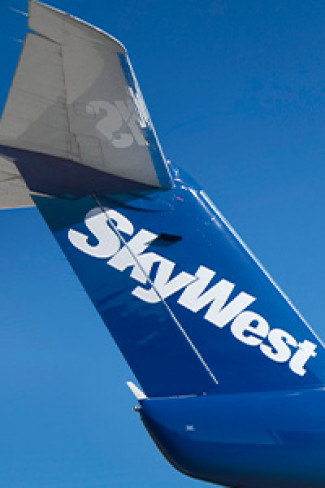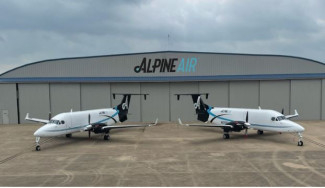Are You a Quiet Professional?
Professional pilots work extra hard to proactively recognize when conflict is trying to rear its ugly head because we all understand the inherent danger of conflict in the cockpit. But how do you handle conflict outside the cockpit in the work environment?
For many of us we need tiny triggers to help direct our thinking towards certain desired goals. If you can remember back to being a freshman in college you probably had a professor or two tell you that should study in the same environment where you will take your test. While some felt that meant trying to figure out how to take the test in the local pub, most of us realized that we would be better prepared to handle the test if we prepared our thought process to be in the correct frame of mind come test time.
For this reason we should not assume that we need to be physically in the cockpit to use the lessons learned from CRM to handle conflict resolution.
If you receive your flight departure paperwork and feel that more fuel is needed to safely complete the flight for example, how do you handle the situation? Do you assume that there is going to be a fight to get the fuel? Do you know someone is going to challenge your authority before you pick up the phone? If you don't call for more fuel because you are afraid or concerned that the company wants to talk to you about your decision, should you really be sitting in the left seat?
Or, do you know that you are the Captain of this flight and as such always conduct yourself in a professional manner, realizing that this issue will be easily resolved with little or no conflict?
I place a lot of faith in the phrase, Quiet Professional. If you conduct yourself with professionalism and dignity and require the same of the people you interact with, you will mitigate many of the problems life, and the company, tries to throw at you. There is no reason to get angry or upset when dealing with your company, they win if you do. We all know fellow professional pilots whom we respect and hope to emulate; how do they handle themselves when faced with conflict? My guess is that none of those you look up to would be accused of having a big ego or projecting an aura of arrogance.
The professional pilots that I look up to, and try to learn from every opportunity I can, project an aura of Quiet Professionalism. After looking over the departure paperwork they will discuss it with the other crew members and then notify the appropriate people to inform them that xxxx more fuel is required.
If you need more fuel, request it politely. If you are hassled, remain professional and say, "Listen, this really isn't worth getting upset about. As Captain of this flight I feel it is necessary to increase the fuel load xxxx amount to ensure a safe flight. Until the fuel is on board, we are not leaving. Is there anything I can do to help facilitate an on-time departure?"
Over the years I have observed how some companies interact with individual people and have always been struck by how they deal with those people that conduct themselves as Quiet Professionals. A crew member that doesn't lose his temper, or raise his voice, but instead maintains a professional bearing ends up obtaining his goals much more often than the crew member that argues and engages in unprofessional behavior. Over time, the company generally chooses to leave the Quiet Professional alone because it is just not worth the company's time and effort. The battle (conflict) is won before it ever starts.
You have worked hard over many years to obtain your present position. Take every opportunity to demonstrate you are Quiet Professional and enjoy the benefits. As always, Fly Safe.
-

Airshare 07/22/2024
-
Alpine Air 07/18/2024
-

Atlas Air 07/17/2024
-

Piedmont Airlines 07/10/2024
-

SkyWest 07/09/2024
 AIRLINE PILOT CENTRAL
AIRLINE PILOT CENTRAL